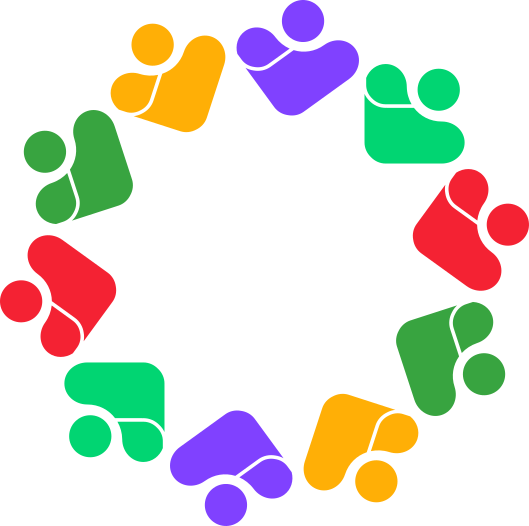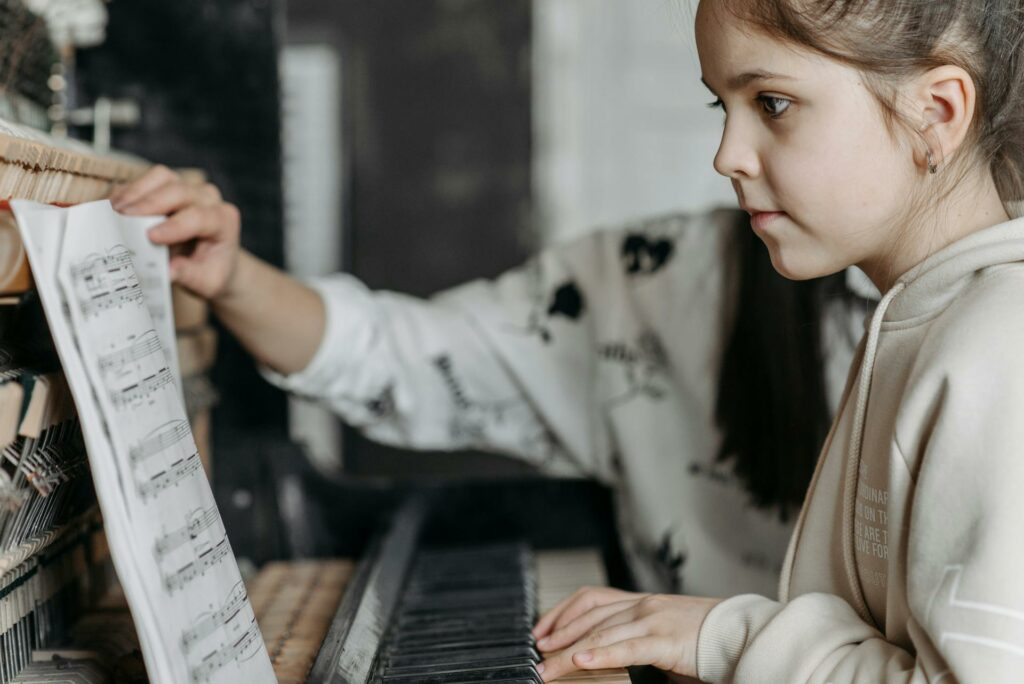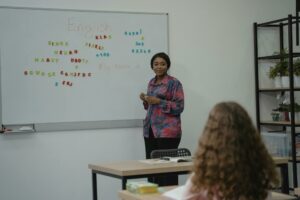In the symphony of a child’s growth and development, there’s a powerful instrument that often goes unacknowledged: learning an instrument itself. Beyond the enchanting melodies and rhythms, the act of mastering an instrument provides an array of cognitive, emotional, and social benefits that resonate throughout a child’s life. As an educator deeply immersed in nurturing young minds at Open Minds Campus, I’ve witnessed firsthand the transformative power of music education. Let’s embark on a melodic journey to uncover why learning an instrument is not just an extracurricular activity but a cornerstone of holistic development.
Harmonizing Cognitive Abilities
Learning an instrument is akin to a mental workout for children. From deciphering musical notes to coordinating hand movements, the brain is engaged in a symphony of activity. Studies have shown that music education enhances cognitive abilities, including memory, attention, and problem-solving skills. When children learn an instrument, they’re not merely memorizing tunes; they’re exercising their minds in a dynamic way that strengthens neural connections and fosters sharper cognitive function.
Orchestrating Emotional Intelligence
In the realm of emotions, learning an instrument serves as a powerful conductor. Music has the unparalleled ability to express and evoke emotions, providing children with a safe outlet to explore and understand their feelings. Whether it’s the exuberance of a lively melody or the tranquillity of a gentle ballad, playing an instrument allows children to channel their emotions constructively. Moreover, mastering an instrument instils a sense of accomplishment and self-confidence, nurturing resilience and emotional well-being in the process.
Cultivating Discipline and Perseverance
Learning an instrument is a journey of discipline and perseverance. It requires dedication, patience, and consistent practice to master even the simplest of melodies. By embracing the challenges of learning an instrument, children cultivate invaluable life skills such as perseverance, time management, and goal-setting. Through the process of trial and error, they learn that success is not instantaneous but the culmination of effort and determination—a lesson that transcends the realm of music into all facets of life.
Fostering Social Harmony
Learning an instrument is a journey of discipline and perseverance. It requires dedication, patience, and consistent practice to master even the simplest of melodies. By embracing the challenges of learning an instrument, children cultivate invaluable life skills such as perseverance, time management, and goal-setting. Through the process of trial and error, they learn that success is not instantaneous but the culmination of effort and determination—a lesson that transcends the realm of music into all facets of life.
Enriching Creative Expression
In the expansive canvas of creativity, learning an instrument becomes a palette for vibrant strokes of self-expression. Music serves as a universal language, allowing children to eloquently convey their thoughts, emotions, and life experiences. Whether they’re crafting original compositions or interpreting existing ones, engaging with musical instruments empowers children to liberate their creativity and ignite their imagination. In a world that frequently prioritizes rote memorization over authentic expression, music education offers a sacred sanctuary where children are encouraged to explore, innovate, and express themselves freely and authentically.
Sustaining Cultural Heritage
Learning an instrument serves as a gateway to preserving cultural heritage and fostering appreciation for diverse musical traditions. By exploring different genres and styles, children gain insight into the rich tapestry of global music, expanding their cultural horizons and nurturing respect for cultural diversity. Moreover, music has the power to transcend time and space, connecting children to their cultural roots and heritage. Through learning traditional instruments or studying indigenous musical forms, children become custodians of their cultural legacy, ensuring that centuries-old traditions continue to flourish in the modern world.
Embracing Lifelong Learning
The benefits of learning an instrument extend far beyond childhood, resonating throughout one’s lifetime. Studies have shown that adults who received music education during childhood exhibit enhanced cognitive function and emotional well-being in later years. Moreover, the discipline and perseverance instilled through music education lay the foundation for a lifelong love of learning. Whether pursuing music professionally or as a leisurely hobby, the skills and values cultivated through learning an instrument accompany individuals on their journey of personal and intellectual growth.
In essence, learning an instrument is not merely about mastering musical notes; it’s about harmonizing the mind, body, and soul in a symphony of holistic development. At Open Minds Campus, we believe in the transformative power of music education to nurture well-rounded individuals who excel not only academically but also emotionally and socially. As an educator and advocate for music education, I am committed to fostering a culture where every child has the opportunity to discover the joy and fulfilment of learning an instrument.
To embark on this harmonious and enriching journey of discovery, we invite you to explore the Open Minds Campus website. Join us in fostering the growth of the next generation of musicians and lifelong learners.



